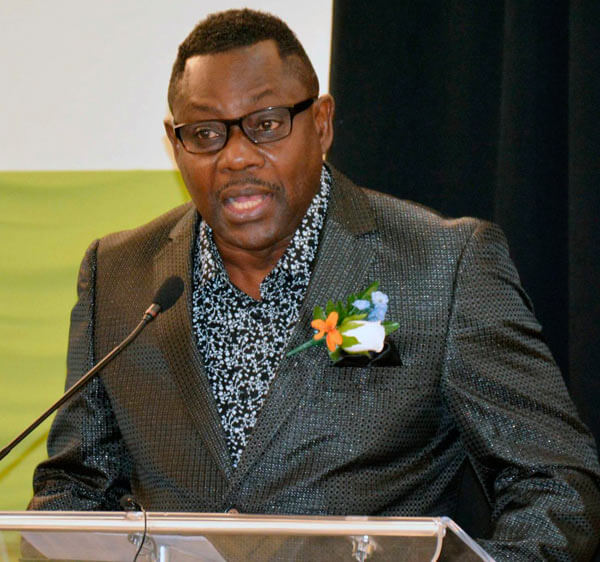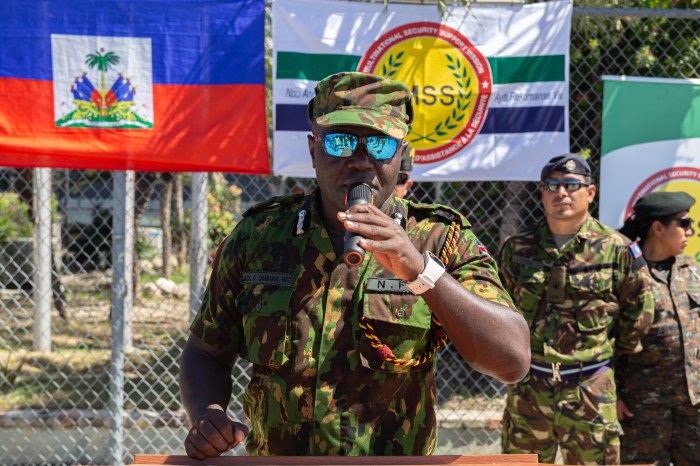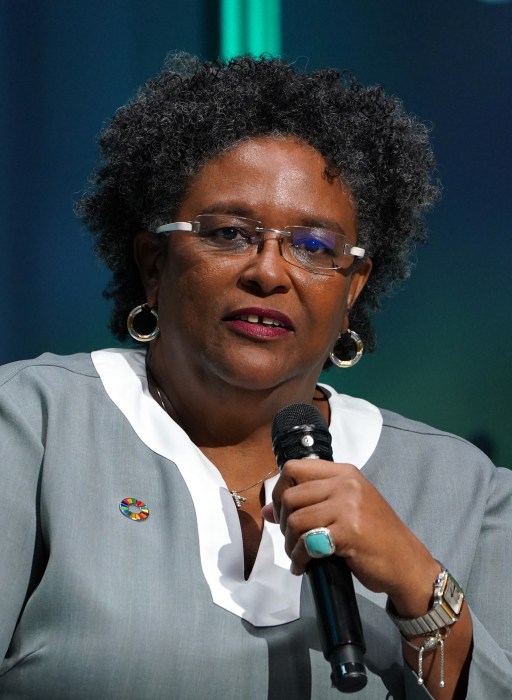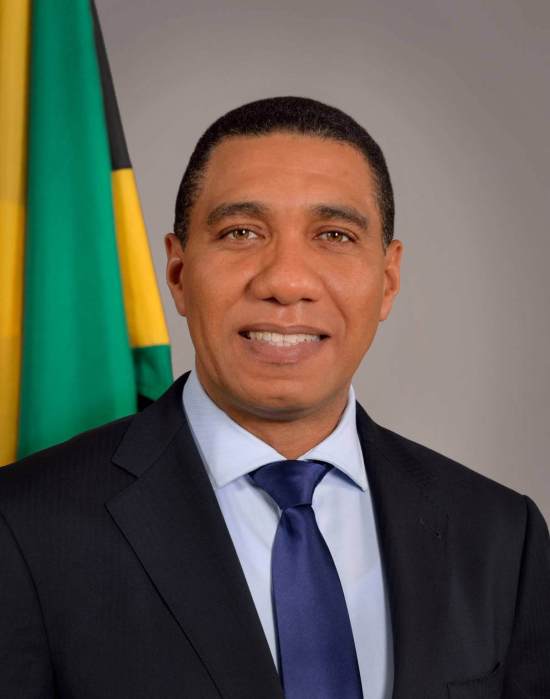A report on living conditions in Barbados might have given the current administration a failing grade as it showed more people falling into the poverty band during seven of the nine years that the government has been in office.
The Inter-American Development Bank collaborated with Barbados’ Statistical Service department in a sample survey of 7,100 people from more than 2,500 households in all of the island’s 11 parishes between February 2016 and January 2017 and reported that not only has the number of persons in poverty increased, but also females continue to be the most affected
“We see that a significant share of households have left extreme poverty situation, but they have increased their non-extreme poverty situation. So former extreme poor have migrated to be non-extreme poor, which gives a rise in non-extreme poverty,” said IDB’s Project Leader and Economics Senior Specialist, Dieter Beuermann Mendoza as he recently reported on the study’s findings.
“If we add the two types of poverty, we do see an increase in overall poverty of 2.4 percent… So overall, poverty is rising because extreme poor are going into non-extreme poor and the vulnerable have fallen into poverty,” he added.
That 2.4 percentage points increase in overall poverty represents a movement from 15.1 percent in 2010 to 17.5 percent in 2017.
Persons with an income valued as high as $642.52 (Bds$1 = 50 cents US) per month per person are categorized among the non-extreme poor, and those who hit an income valued at $297.28 per month or less are regarded as being in an extreme poor position.
The year-long survey confirmed that Barbados continues to be a matrifocal society with women heading 57 percent of households on the island. And consistently females represent 21.02 per cent of the poor with men accounting for 13.06 percent.
At 4.15 percent females also lead in the category of extreme poor where males are at 2.4 percent.
Most of the poor households and income earners were found to be located along the East Coast of Barbados with St John and St Joseph registering the highest overall poverty.
This decline in living conditions has come under the watch of the ruling Democratic Labour Party government that has been in office since 2008, first under the late Prime Minister David Thompson who died in office and was succeeded by Prime Minister Freundel Stuart in 2010.
IDB Caribbean Country Department, General Manager, Therese Turner-Jones, explained that a reason for the latest study was a realization by the hemispheric organization that there was very little current information on critical areas of Barbados and other Caribbean societies.
“In the absence of such data, policymakers are really operating in the dark. This is not a good way to be operating, particularly given where Barbados and the region is in terms of its macro-economic situation,” she said.
That sentiment found agreement in Government’s Minister of Social Care, Constituency Empowerment and Community Development Steve Blackett who said that owing to challenges with data collection, only two extensive studies into the extent and nature of poverty have been conducted in Barbados.
“It is of paramount importance that the conduct of surveys on poverty becomes a more regular occurrence. This will reduce the gaps in data available on poverty and living conditions,” said Blackett.
He added, “I think that we can all appreciate, that the only way to affectively address a problem is to fully grasp its nature and intensity.”



























